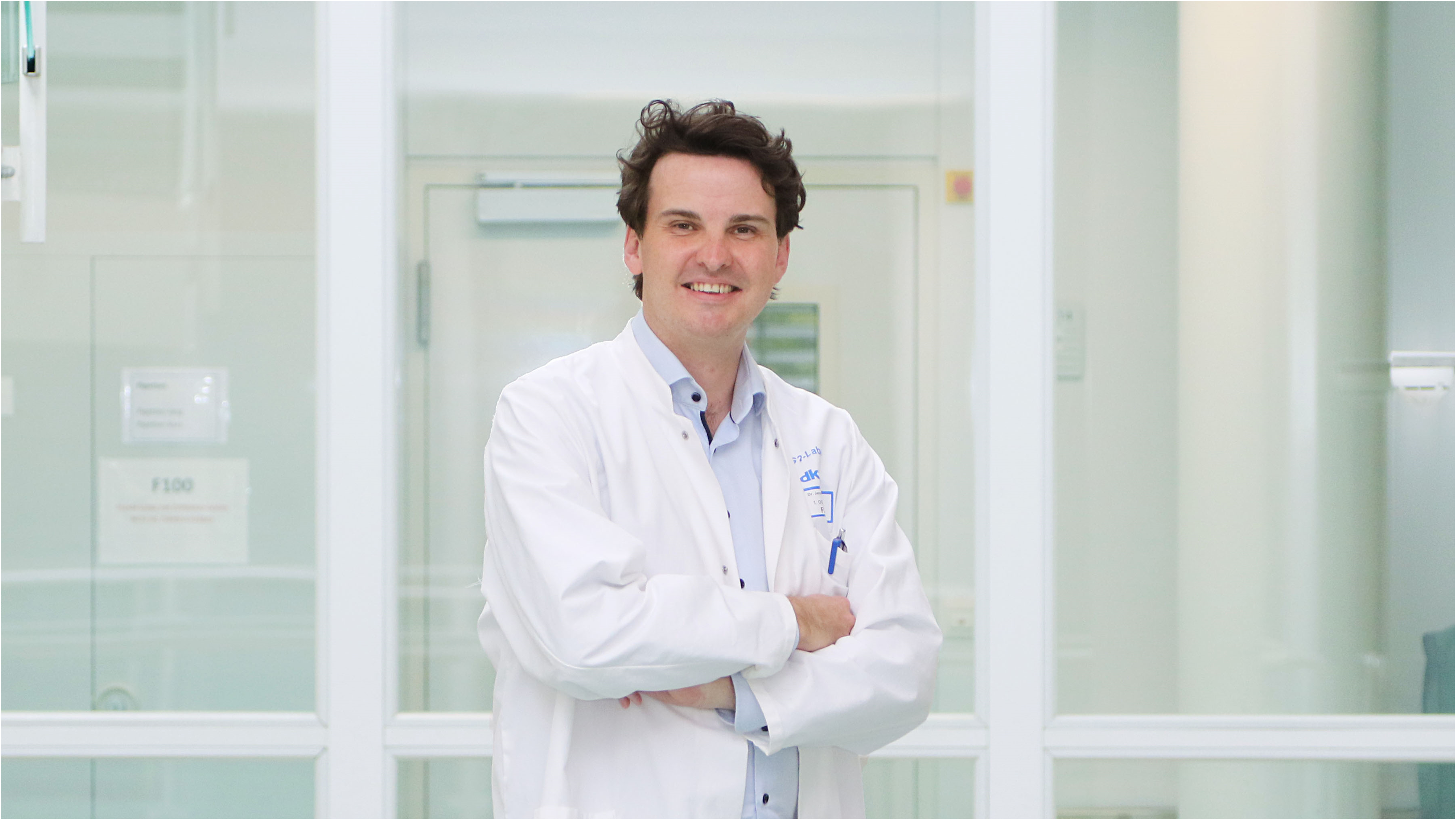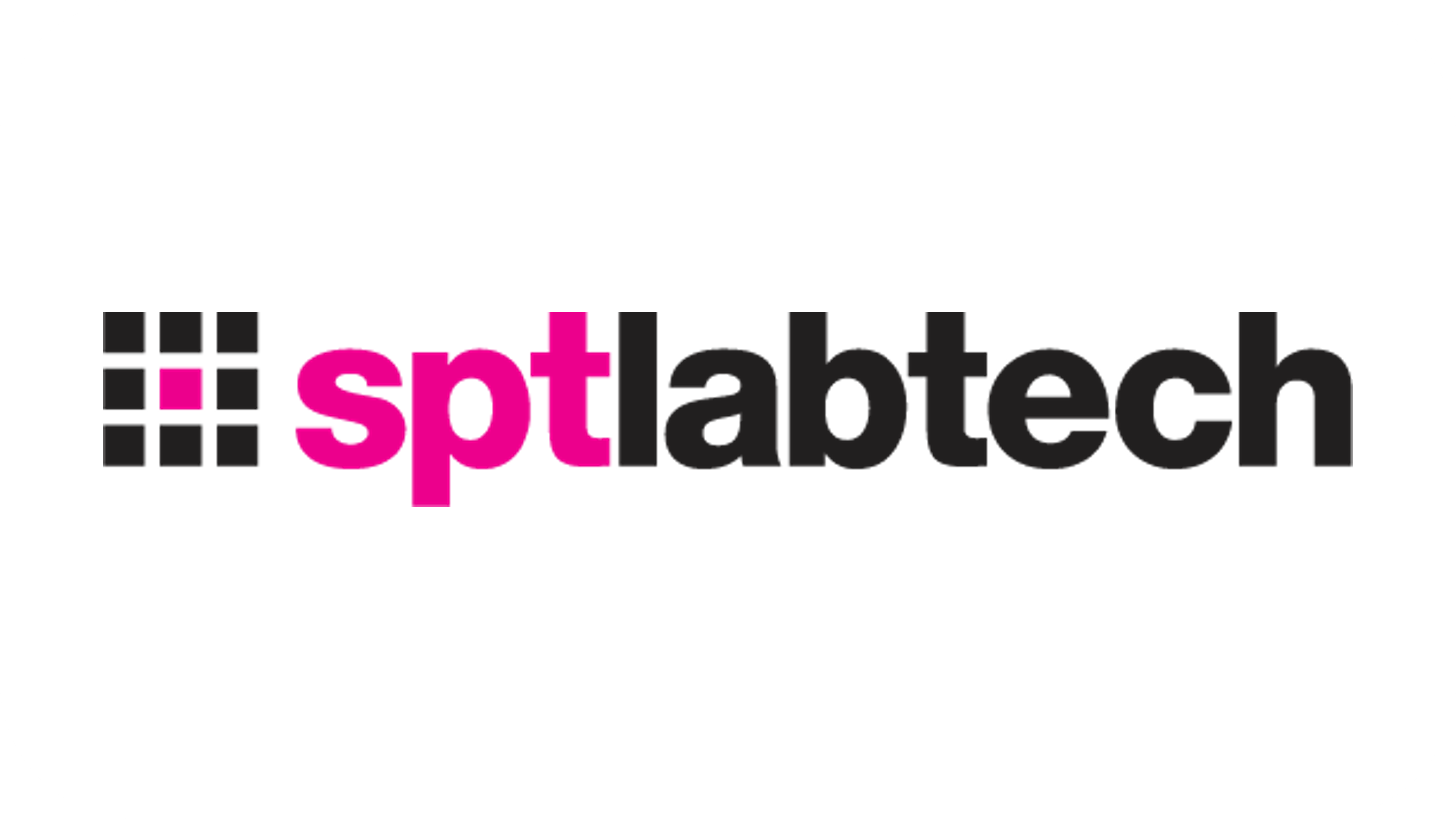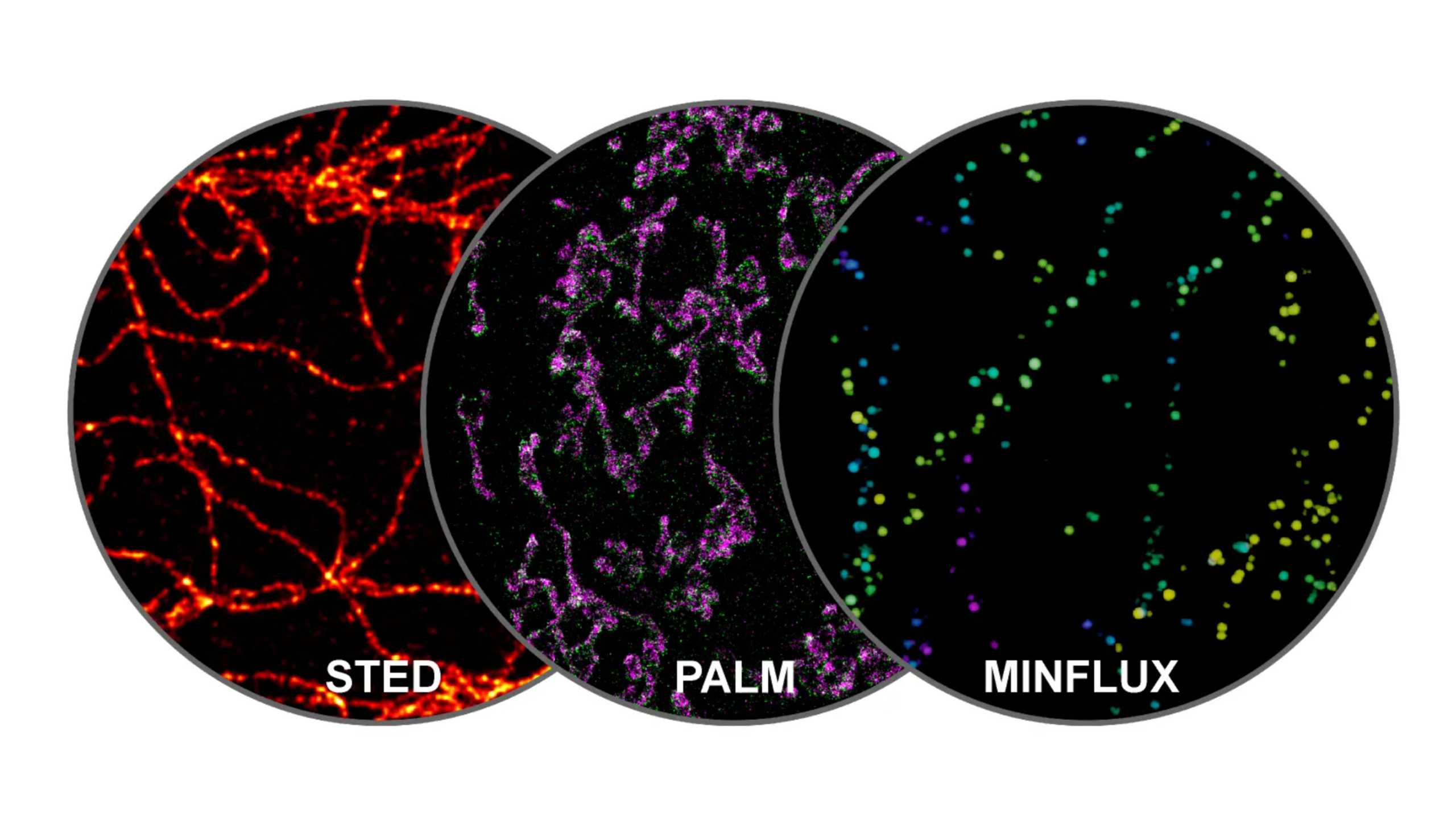ERC Starting Grant for DKFZ researcher Jens Puschhof

Funding from the European Research Council (ERC) is regarded as an accolade for scientists at all career stages. With its “Starting Grants”, the ERC aims to pave the way to an independent career for excellent young researchers. This year, Jens Puschhof from the German Cancer Research Center (DKFZ) has been awarded the prestigious grant. The funding will enable Puschhof to investigate the role played by bacteria that colonize cancer metastases in the spread of the tumour in the body. The results could reveal new ways of containing or preventing dangerous cancer metastases.

With its ERC Starting Grants, the European Research Council (ERC) supports talented young scientists. The funding of 1.5 million euros for up to five years is intended to help them set up their own research group at a recognized research institution in the EU.
Bacterial colonization has already been proven for a large number of types of cancer. The case is particularly clear for colorectal cancer, as examinations of stool and tissue have repeatedly and reliably shown a connection with certain types of bacteria.
The bacterial colonization of cancer metastases has been far less investigated. Several studies indicate the presence of microorganisms in the metastases of tumors, such as breast or colon cancer. Whether, and if so, what role the microbes play in the metastasis process, however, is virtually unknown. Yet metastatic spread is the main cause of cancer mortality and understanding the role of bacteria in this process could reveal new ways of stopping or interrupting this progression.
With the ERC-funded METABAC project, Jens Puschhof wants to systematically tackle these questions on the example of colorectal cancer metastases. The first step is to catalog exactly which types of bacteria actually colonize the metastases. In a next phase, Puschhof’s team wants to find out whether the respective microorganisms influence certain aspects of cancer spread. In these investigations, the DKFZ team will benefit from its extensive expertise with sophisticated methods developed in-house, such as the co-culture of tumor organoids with bacteria or organ-on-a-chip techniques.

The key questions that Puschhof wants to answer are: Do the bacteria isolated from metastases have special genetic properties that distinguish them from their counterparts from the primary tumor or from healthy tissue? Do they contribute to the metastasis? How do they reach the distant sites deep inside the body, for example, do they travel inside the cancer cells? And do they play a role in the localization of metastases in different organs?
The results of the METABAC project will be directly incorporated into translational research projects to find out how cancer patients can benefit from research progress as quickly as possible.
After studying molecular biotechnology and oncology in Heidelberg, Harvard and Oxford, Jens Puschhof moved to the laboratory of Hans Clevers at Utrecht University for his doctoral thesis. In 2022, he founded the “Epithelium Microenvironment Interaction Laboratory” research group within the Division of Microbiome and Cancer at the DKFZ, which was transformed into an independent junior research group in 2024. In 2023, Puschhof was awarded the Young Investigator Award for Cancer Prevention Research.
A photo of Jens Puschhof is available for download: https://www.dkfz.de/de/presse/pressemitteilungen/2024/bilder/Puschhof.jpg
Note on the use of image material for press releasesUse is free of charge. The German Cancer Research Center (DKFZ) permits use in connection with reporting on the topic of the press release or on the DKFZ in general. Please indicate as picture credits: “Source: J. Jung / DKFZ”.The image may only be passed on to third parties after prior consultation with the DKFZ Press Office (Tel. 06221 42 2854, e-mail: presse@dkfz.de). Use for commercial purposes is prohibited.




